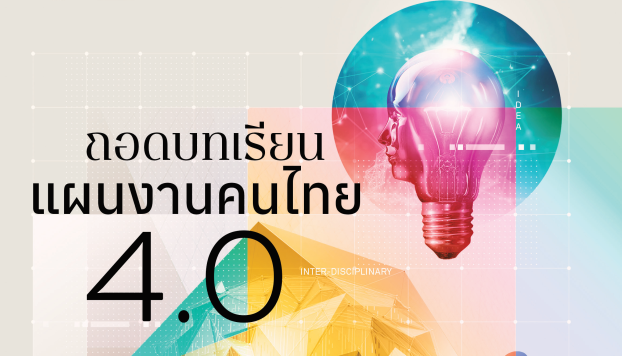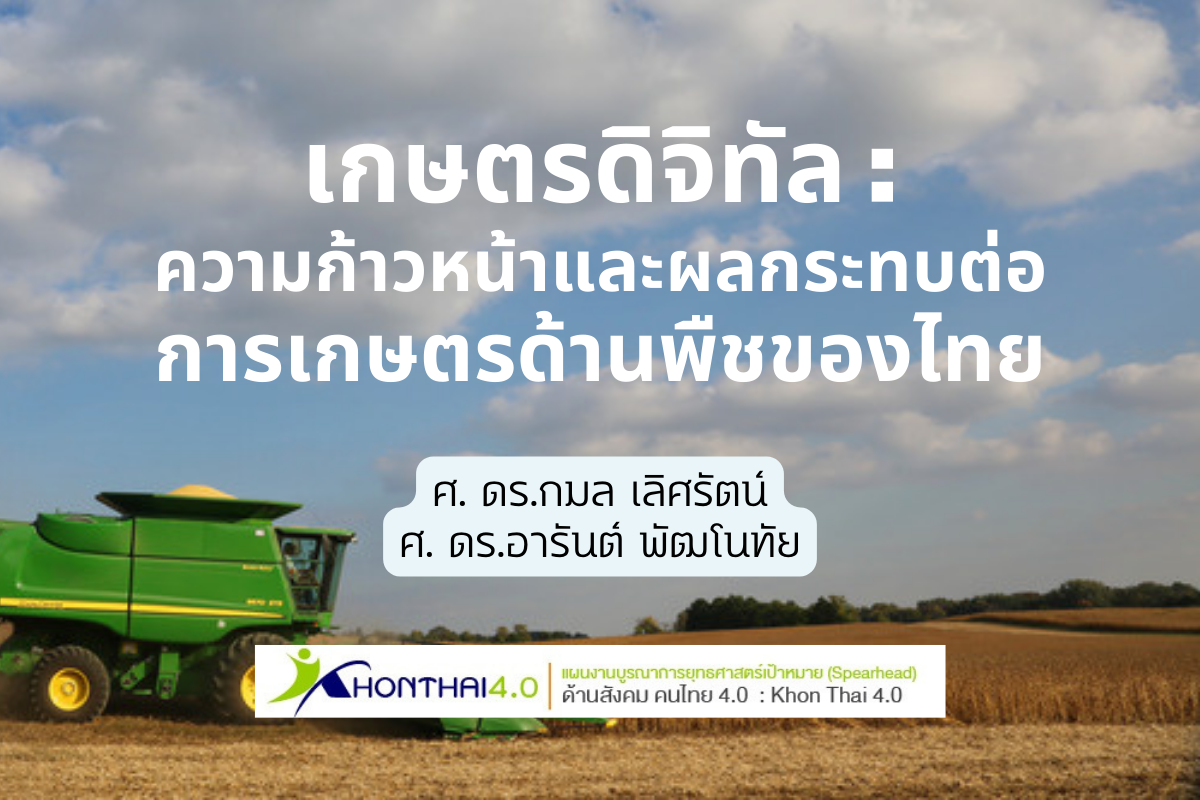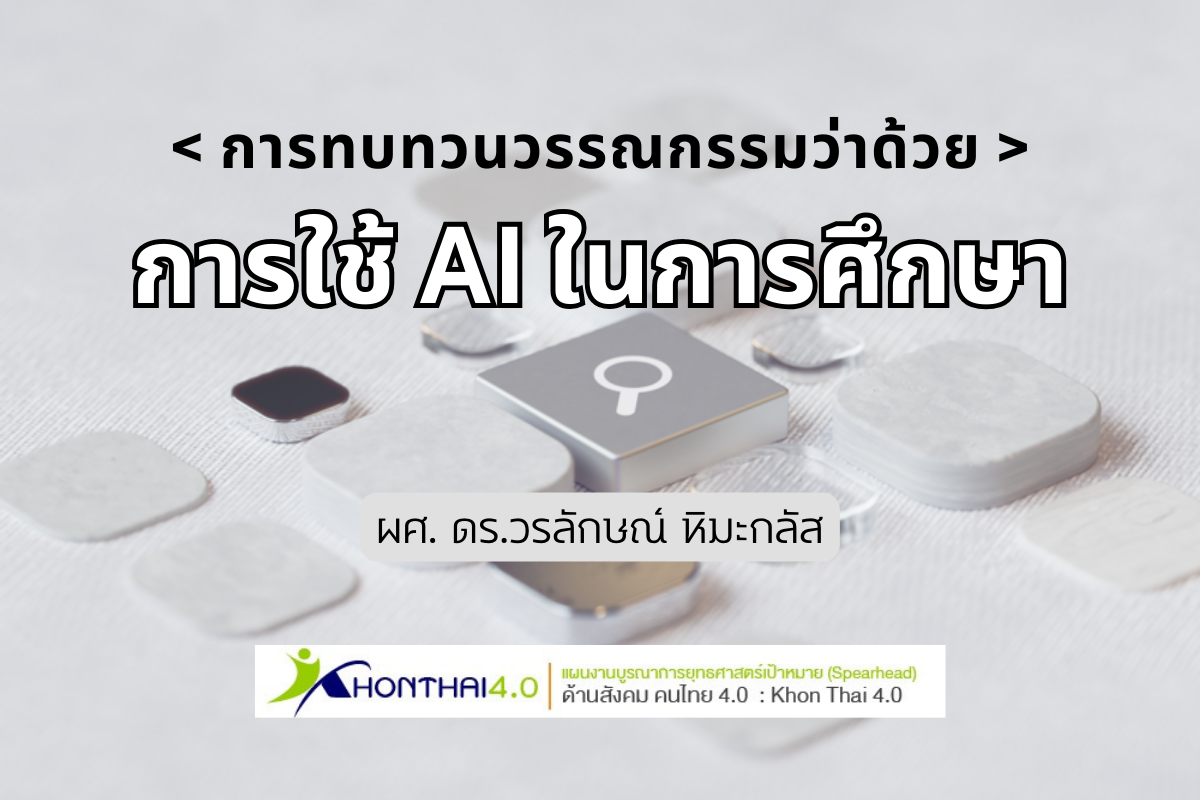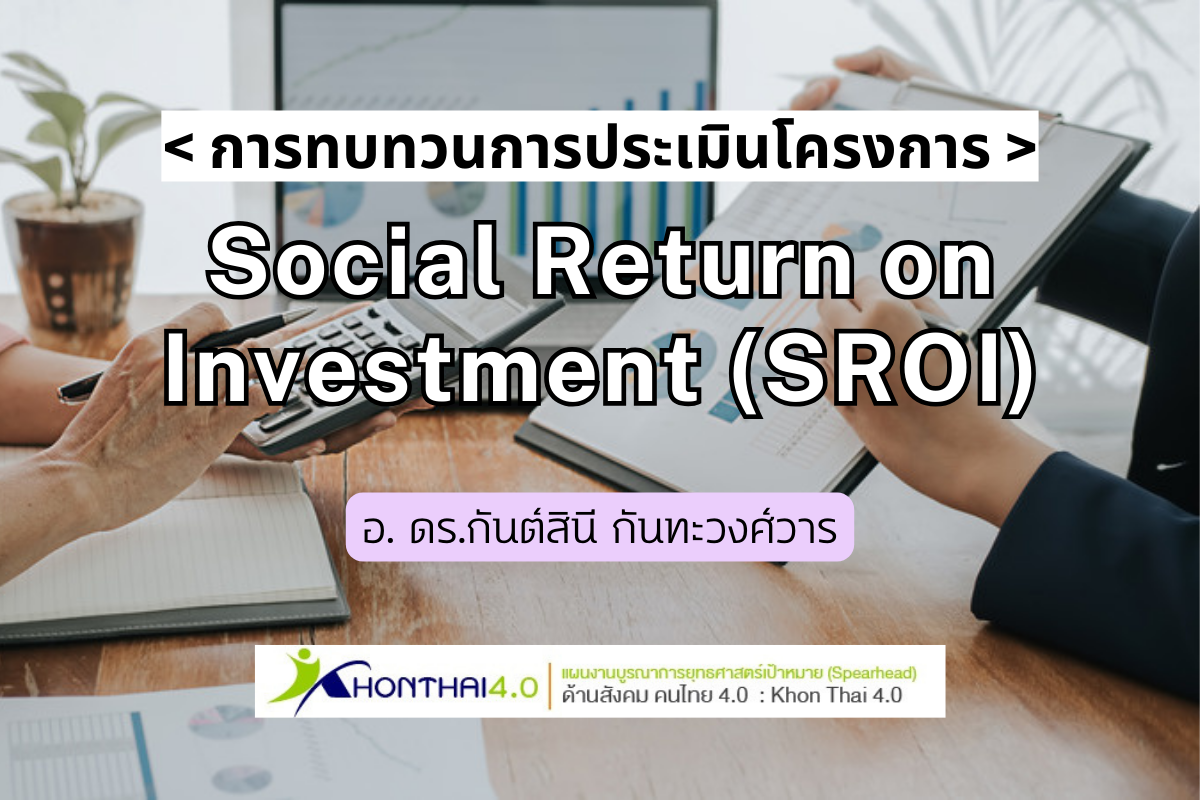
Social Protection Response to COVID-19 In Southeast Asia-Rosalia Sciortino
The one-year regional study shows that the COVID-19 crisis by putting social protection in the spotlight, has revealed the secondary place that has so far been assigned to welfare concerns in the prioritizing of policy attention and resources. Moreover, it has bared the systemic limitations and biases in the existing systems and exposed the need for an overhaul of the exclusionary and inequitable framings they are based upon resulting in double standards in their outcomes for different populations. Being employment-based, social protection privileges civil servants and formal sector employees, while it overlooks informal workers and provides inadequate or non-existent allowances for the poor and those outside of the labor market.
Consequently, the majority of the population, especially women and members of marginalized groups, are left exposed to high degrees of risk with minimal protection from shocks and stresses, as COVID-19 has demonstrated. Moreover, tying eligibility to nationality and residency criteria further limits access to protection for vulnerable groups, such as internal and cross-border migrants, refugees and stateless persons, who are already at a disadvantage in their destination societies – excluding them from the ‘care’ to which they should be entitled.
Tackling the differential outcomes in people’s capacity to cope with crises demands structural changes and challenging their socio-economic and political root causes. It also requires recognizing all the double standards ingrained in societal systems and values that have skewed the crisis response in favor of the privileged ones. On an operational level, this requires the introduction of measures to redistribute resources and reduce the income and wealth inequities that COVID-19 has deepened. Transformative social protection models must be formulated to finally resolve the mismatch paradox in which those most disadvantaged in society and disproportionately affected by crises are also those who are underserved or excluded from public resources.



